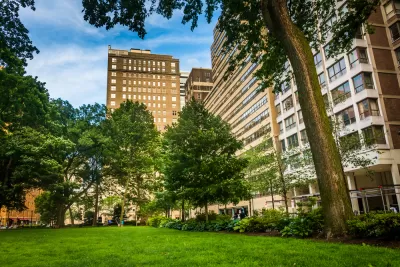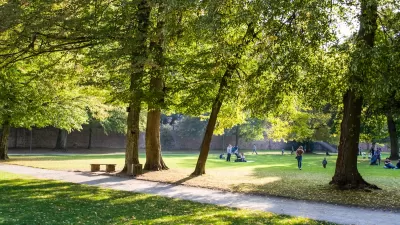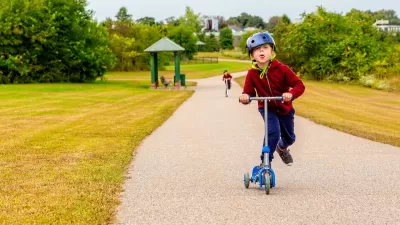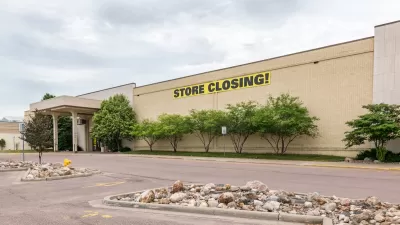The 2022 ParkScore finds that cities are increasingly employing green space as a tool for mitigating heat and extreme weather effects, but the distribution of parks remains inequitable.

A blog post from the Trust for Public Land outlines the importance of urban parks in slowing and mitigating the effects of climate change. “Many American cities have committed to slashing carbon emissions. Increasingly, they are also trying to make themselves more resilient, adapting streetscapes and green spaces to counter the worst effects of extreme heat and violent storms.” The blog calls parks a vital component of this effort. “Green space has the power to lower air temperature and absorb floodwater and can be designed in a way that enhances those benefits. That’s especially important for disadvantaged communities, whose vulnerable populations are most at risk as the Earth warms.”
The blog highlights key findings of their 2022 ParkScore® index, including that “Eighty-five percent of cities are adapting parks and recreation facilities to address climate change” and “Seventy-seven percent are enlisting parks to counter urban heat.”
The analysis also uncovered inequities in park distribution. “Our analysis found that the neighborhoods where most residents identify as people of color have access to an average of 43 percent less park acreage than mostly white neighborhoods.”
The blog concludes that more investment is needed to combat climate change and protect the most vulnerable communities. “Congress, state governments, and city councils all must redouble efforts to finance green infrastructure in order to protect communities—especially those that need parks most.”
FULL STORY: 2022 ParkScore report reveals the power of parks to address climate change

Maui's Vacation Rental Debate Turns Ugly
Verbal attacks, misinformation campaigns and fistfights plague a high-stakes debate to convert thousands of vacation rentals into long-term housing.

Planetizen Federal Action Tracker
A weekly monitor of how Trump’s orders and actions are impacting planners and planning in America.

In Urban Planning, AI Prompting Could be the New Design Thinking
Creativity has long been key to great urban design. What if we see AI as our new creative partner?

King County Supportive Housing Program Offers Hope for Unhoused Residents
The county is taking a ‘Housing First’ approach that prioritizes getting people into housing, then offering wraparound supportive services.

Researchers Use AI to Get Clearer Picture of US Housing
Analysts are using artificial intelligence to supercharge their research by allowing them to comb through data faster. Though these AI tools can be error prone, they save time and housing researchers are optimistic about the future.

Making Shared Micromobility More Inclusive
Cities and shared mobility system operators can do more to include people with disabilities in planning and operations, per a new report.
Urban Design for Planners 1: Software Tools
This six-course series explores essential urban design concepts using open source software and equips planners with the tools they need to participate fully in the urban design process.
Planning for Universal Design
Learn the tools for implementing Universal Design in planning regulations.
planning NEXT
Appalachian Highlands Housing Partners
Mpact (founded as Rail~Volution)
City of Camden Redevelopment Agency
City of Astoria
City of Portland
City of Laramie





























